Skepticism: the mark and even the pose of the educated mind
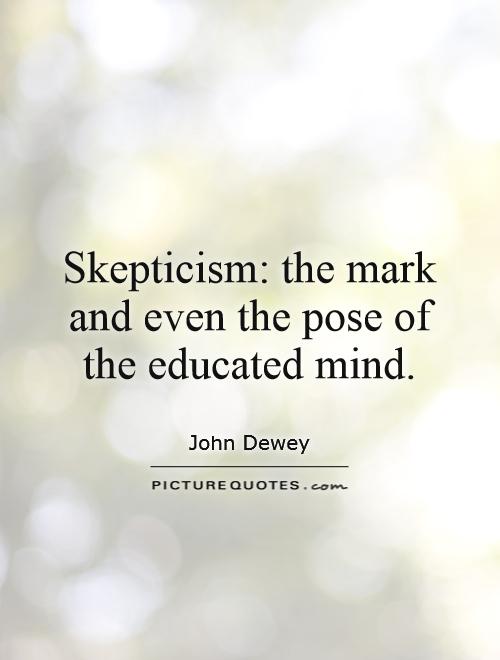
Skepticism: the mark and even the pose of the educated mind
Skepticism has long been considered a hallmark of an educated mind, as it reflects a critical and questioning approach to knowledge and beliefs. John Dewey, a prominent American philosopher and educator, emphasized the importance of skepticism in the pursuit of knowledge and understanding. Dewey believed that skepticism was not a negative or cynical attitude, but rather a necessary tool for intellectual growth and development.Dewey argued that skepticism was essential for maintaining an open mind and avoiding dogmatism. He believed that true education should encourage students to question and challenge established beliefs and ideas, rather than simply accepting them without question. By fostering a spirit of skepticism, educators can help students develop their critical thinking skills and become more independent and self-reliant learners.
Dewey also believed that skepticism was closely linked to the scientific method, which relies on empirical evidence and logical reasoning to test hypotheses and theories. By approaching knowledge with a skeptical mindset, individuals can avoid falling prey to superstition, bias, and misinformation. Skepticism allows us to evaluate information critically and make informed decisions based on evidence rather than emotion or tradition.
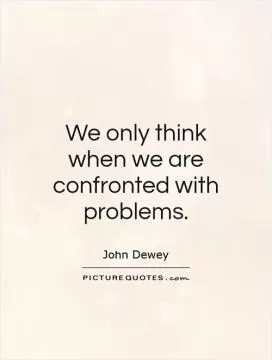
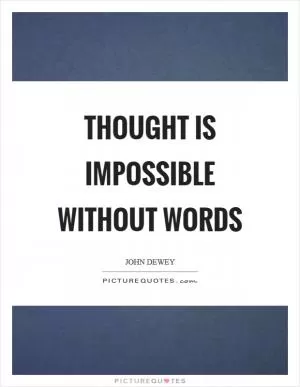

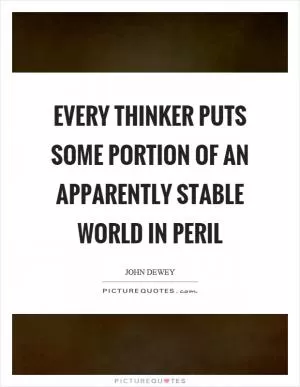
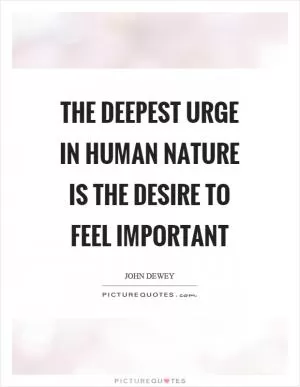
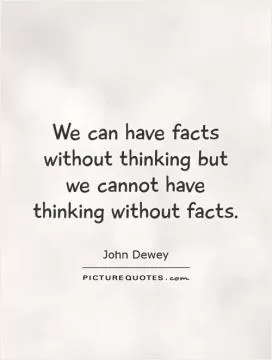
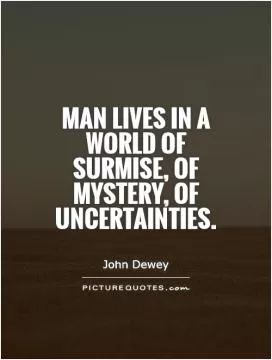
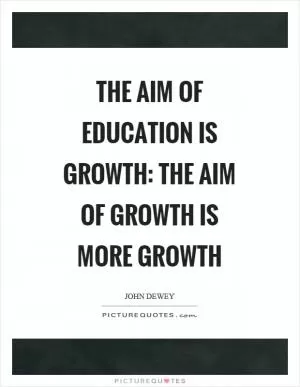


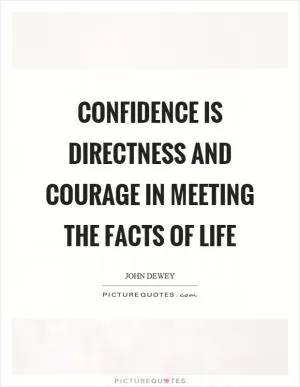

 Friendship Quotes
Friendship Quotes Love Quotes
Love Quotes Life Quotes
Life Quotes Funny Quotes
Funny Quotes Motivational Quotes
Motivational Quotes Inspirational Quotes
Inspirational Quotes